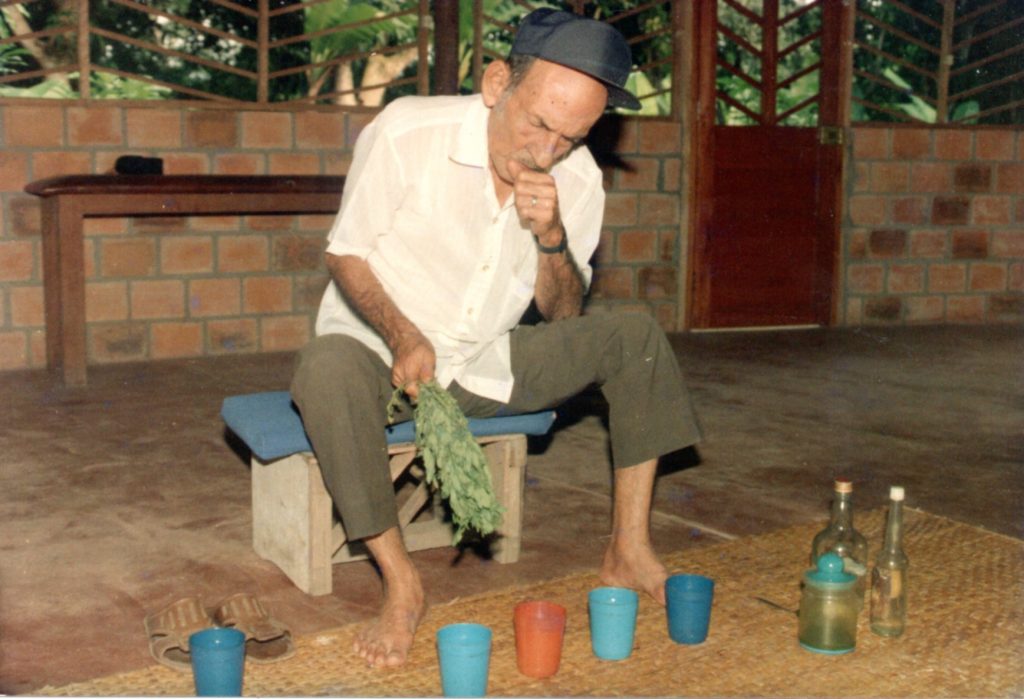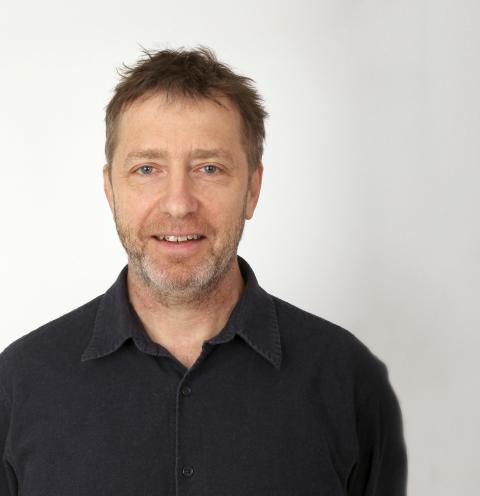It is estimated that over four million people have consumed ayahuasca at some point in their lives. In 2019 alone, approximately 820,000 people consumed the beverage, which translates to about five and a half million doses of this psychoactive substance used for thousands of years by Amazonian indigenous peoples.
The data comes from a study conducted in America, Europe, Australia, and New Zealand by the ICEERS Foundation. The report was compiled between 2020 and 2021 and was released in the last month of June.
The globalization of ayahuasca, which has led to an increase in its consumption and a rise in so-called psychedelic tourism, has been pointed out by some experts as a threat to the traditional knowledge of indigenous peoples and also to the sustainability of the plants used in its preparation.
In an interview with Psicodelicamente, Jeremy Narby, a Canadian anthropologist based in Switzerland, argues that this movement also has a positive side. “The external interest in Amazonian shamanism has led indigenous people to reconsider the value of their own knowledge.”

Healer Solón Tello ikareando el mapacho before a ceremony of ingestion of purgative/vomitive plants, Takiwasi Center. Picture: Jaime Torres / Wikipedia.
“After 500 years of seeing their knowledge devalued, a contrary trend, even with its monetized and individualized tendencies, is a welcome change,” assesses Narby.
According to him, just like the global enthusiasm around the new wave of scientific research with hallucinogenic substances, known as the psychedelic renaissance, there is a kind of shamanic renaissance happening. However, he sees many challenges for a dialogue between the two fields, science and indigenous knowledge.
The resurgence of research with psychedelics and its encouraging results, accumulating evidence on the therapeutic potential of these substances, has created a market that already moves millions of dollars worldwide.
There are already initiatives around the world that seek to turn ayahuasca into a medicine for depression, addictions, traumas, and other diseases. Meanwhile, indigenous people continue to face persecution. There are even cases of arrests for possession of the Amazonian tea in some countries. Narby observes this movement with skepticism.

“Turning psychedelics into money-making drugs for the pharmaceutical industry is obviously full of complexities and contradictions,” evaluates the anthropologist. Getting scientists to establish a sincere dialogue with the holders of indigenous knowledge is another great challenge, he says.
And the difficulties don’t end there, continues Narby. “Getting people, whether scientists or not, to be sympathetic to the indigenous people and the persecutions they continue to face is even more difficult.”
‘Scientists are confirming what shamans already knew’
Bringing science and indigenous knowledge together is what anthropologist Jeremy Narby tries to do in his book ‘Master Plants: Tobacco and Ayahuasca,’.
According to him, scientists are confirming what shamans have known for a long time. “Indigenous peoples have long said that humans are related to other species, and now scientists are also confirming this,” observes the anthropologist.
“In the same way, they have long held that living species have intelligence, and science has begun to recognize this as well,” concludes Jeremy Narby, who is also the author of ‘The Cosmic Serpent,’ originally published in 1985.
However, other data from the ICEERS report on the impact of ayahuasca globalization suggest that this ‘shamanic renaissance’ does not seem to be happening for many indigenous peoples. The study might even reinforce the hypothesis that traditional indigenous medicine is losing strength or disappearing in its original territories.
The research carried out by the Spanish research center indicated that only 10% of the four million people who used the beverage worldwide belong to indigenous groups in which the Amazonian drink traditionally represents an integral part of their knowledge systems.
Original article by Carlos Minuano in ‘Psicodélicamente’.
Links:
- ‘Four million people have taken ayahuasca worldwide’, ICEERS, August 9, 2023.
- ‘Master plants: ayahuasca, tobacco, and the quest for knowledge’, Plantaforma, December 26, 2021.
- ‘The Cosmic Serpent’: Did shamans glimpse the DNA double helix in their visions?’, Plantaforma, June 9, 2021.
- ‘When ayahuasca was called “telepathine”‘, Plantaforma, June 22, 2020.